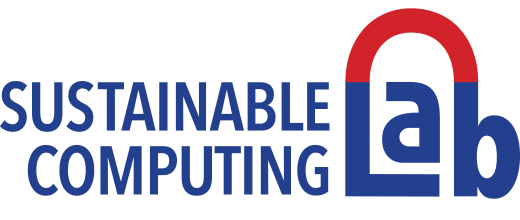Prof. Dr. Sarah Spiekermann-Hoff presented her new book “Digitale Ethik. Ein Wertesystem für das 21. Jahrhundert“, published by Droemer on April 1, 2019 in Vienna.

The author asks how humane progress can be created and maintained in a digital society in times of Big Data and Artificial Intelligence. The book takes into account the individual, economical and technical prerequisites for a future that perceives technology as enabling and strengthening, rather than a weakening influence. She writes about values that are important to consider, in order to support good innovations. Thinking ethically enables innovation. Digitalization has its own dynamic, which we as a society can direct towards true progress.
Prof. Spiekermann-Hoff describes her journey from working in IT to academia, providing insights about the “Weltgestalter” in Silicon Valley, making critical reflections about the benefits and consequences of technology.
In 1996, she started out in a Silicon Valley Company, which manufactured hardware for computer network technology. In the New-Economy years, the developing Web 1.0 was seen as a tool for a peaceful society, providing a myriad of opportunities. Intrigued by the new technologies, she worked in the telecommunications sector for a couple of years. Subsequently, she got her PhD in Berlin and wanted to start a post-doc in Berkley, but her research question namely the privacy in Artificial Intelligence was not opportune after the terror attacks of 9/11. Thus, she returned to Silicon Valley to work for a Technology start-up company in the epicenter of the development of smartphones. She soon realized that companies mainly followed hypes and did not have a place for values like privacy or the truth. To align herself with her own values, she started working in science. The values guiding progress and digitalization are still in the center of her work and she tries to convey them to her students at University of Economics and Business in Vienna. Students have to develop a product roadmap in one of her classes, which serves the purpose of advancing the technical development of a company. The students have to come up with possibilities to enhance a company employing a food delivery service. In this context, the students develop many creative ideas like the optimization of the way to the client by an artificial intelligence and the use of a human-like computer voice software, to make customers feel more at ease. The author however proposes a different way to think about the issues of digitalization: Bicycle couriers have a very difficult job and having an app as their boss, does not make it any better. Thus, she proposes to include values into their account and realizing them by means of digital technologies. Additionally, employees and their priorities should be included, as well as the maxims and values maintained in a humane and fair society.
In the center of the book stands the search for an answer to the question how real progress can be fostered in a sustainable and good way, bringing society forward. The book provides insights about how values can play a bigger role in a digitalized society, emphasizing the reflection upon them for our choices and actions in a digital world.

The book is now available on Amazon:
https://www.amazon.de/Digitale-Ethik-Ein-Wertesystem-Jahrhundert/dp/3426277360
and in any book store.

